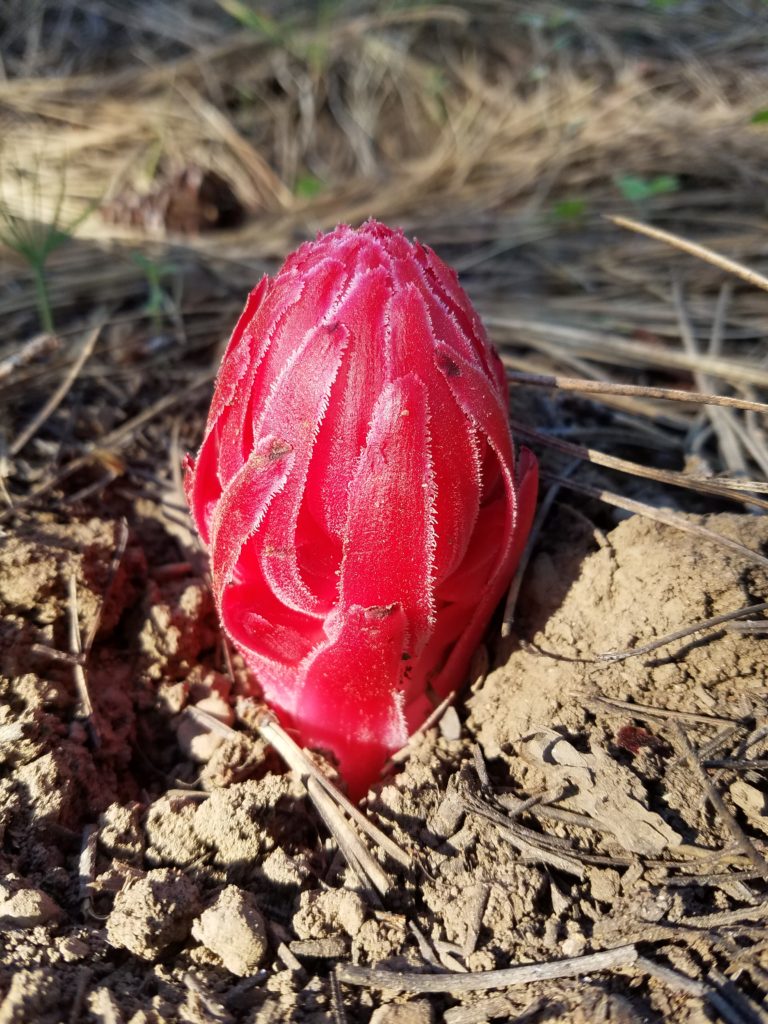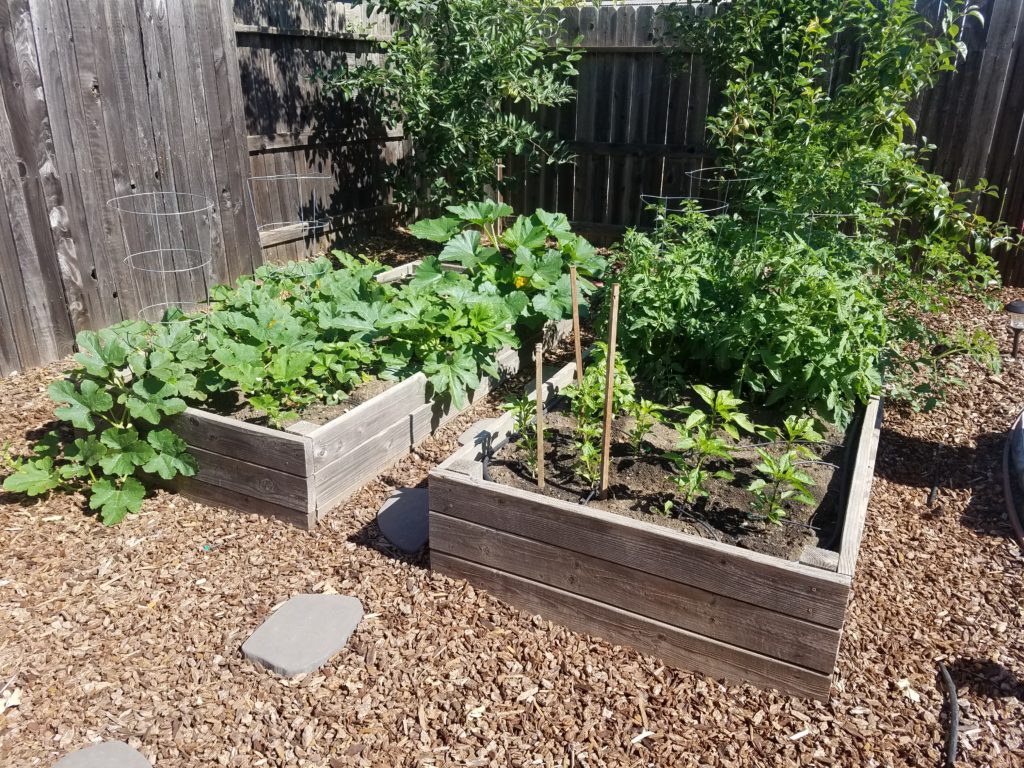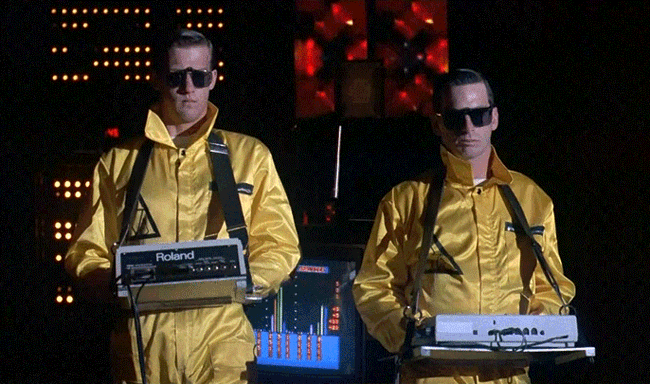I work on cannabis.
As a PhD biochemist and former cancer researcher, it feels a little dirty to admit. But let me explain…
I love plants. My favorite plant is Sarcodes sanguinea, a native of the high Sierras that is a brilliant red hue because it lost it’s chlorophyll and parasitizes fungi for food:

I planted lemon, lime, fig, pomegranate, olive, pear, and apple trees in my back yard. I also have a rockin’ garden, and I love teaching my kids where their food comes from:

I also have a soft spot for interesting plant chemistries. While at U.C. Davis I worked with antioxidants produced from broccoli and other cruciferous vegetables. I have worked with the biochemical pathways producing the stevia sweetener, and contrast that with working on the genetics of noxious plants that are toxic to humans.
I am an endurance athlete, and I like to cycle or trail run for hours. Mostly from the health benefits, but I do enjoy the endorphin rush from an epic workout. I’m generally risk-averse, and I’m an Eagle Scout in most senses of the stereotype.
But I work on cannabis. Or more specifically, cannabinoids that originate from the cannabis plant.
Cannabis sativa. Pot. Weed. Marijuana. Ganja. Reefer. (Insert your favorite slang here). Yeah, that cannabis.
It is weird to me how some people think that I am part of a counter-culture movement full of pot-smoking hippies (or whatever the equivalent is for the millenial generation – pot smoking, avocado-toast-eating, millenials?). In actuality, we are a bunch of over-educated, lab-coat clad nerds, drinking coffee and geeking out about the amazing chemistry of cannabinoids and the corresponding human cannabinoid receptor system.

As Alexander Shulgin wrote in PiHKAL, “Among the drugs that are currently illegal, I have chosen not to use marijuana, as I feel the light-headed intoxication, and benign alteration of consciousness does not adequately compensate for an uncomfortable feeling that I am wasting time.”
None of us partake in cannabis for recreational or medicinal uses, and whenever a question on human use comes up- we are forced to consult Google to learn about typical usage and exposures. I personally, and our startup are fully compliant with all state and federal regulations, and we have all necessary approvals to perform our research. When it comes down to it, we are just doing science. Some plant biochemistry, some mammalian receptor biology. But our work could have an impact on inflammatory bowel disorders, colon cancer, and some other potential applications that could be pretty damn cool.
A friend from grad school was concerned that by researching cannabis, I may be a marked scientist- unable to rejoin the ranks of the normal scientists hard at work on cancer, neurobiology, and other respectable areas of study. I completely disagree. What I have found is that the cannabinoid and cannabinoid-receptor research field has been stifled by undue regulatory pressure for so many years, so instead of being a dead-end for science, it is ripe for discovery.

The cannabinoid receptor is the most abundant G-protein coupled receptor in the brain, hence, people get really high with THC exposure (an agonist). CBD on the other hand is an inverse-agonist, so it has somewhat of an opposite effect on our receptors and doesn’t get people “high”. It is on the fast-track to be approved for treatment of specific epilepsy subtypes, is in multiple clinical studies for schizophrenia, and has tremendous potential as an anti-inflammatory. So the pharmaceutical applications are real, and have even been vetted by the Food and Drug Administration.
Cannabinoid receptors are also found throughout the body, and to use the “lock and key” analogy for enzymes- we have discovered locked doors throughout the body- now we just need to figure out the keys, and what doors we can open with this new knowledge. The therapeutic potential for cannabinoids is unmistakable. I look forward to seeing what doors we can open with our work.
-BZ
